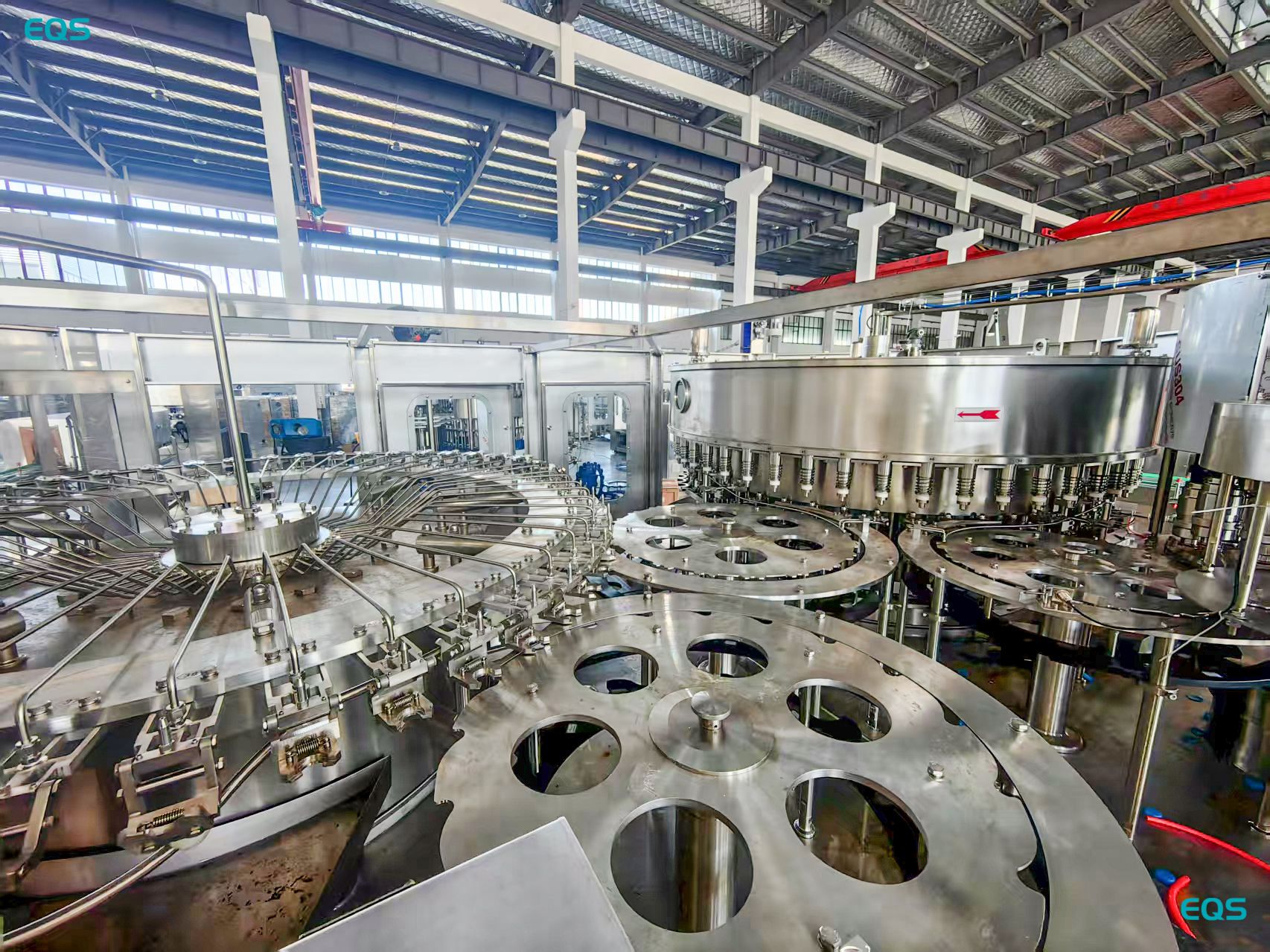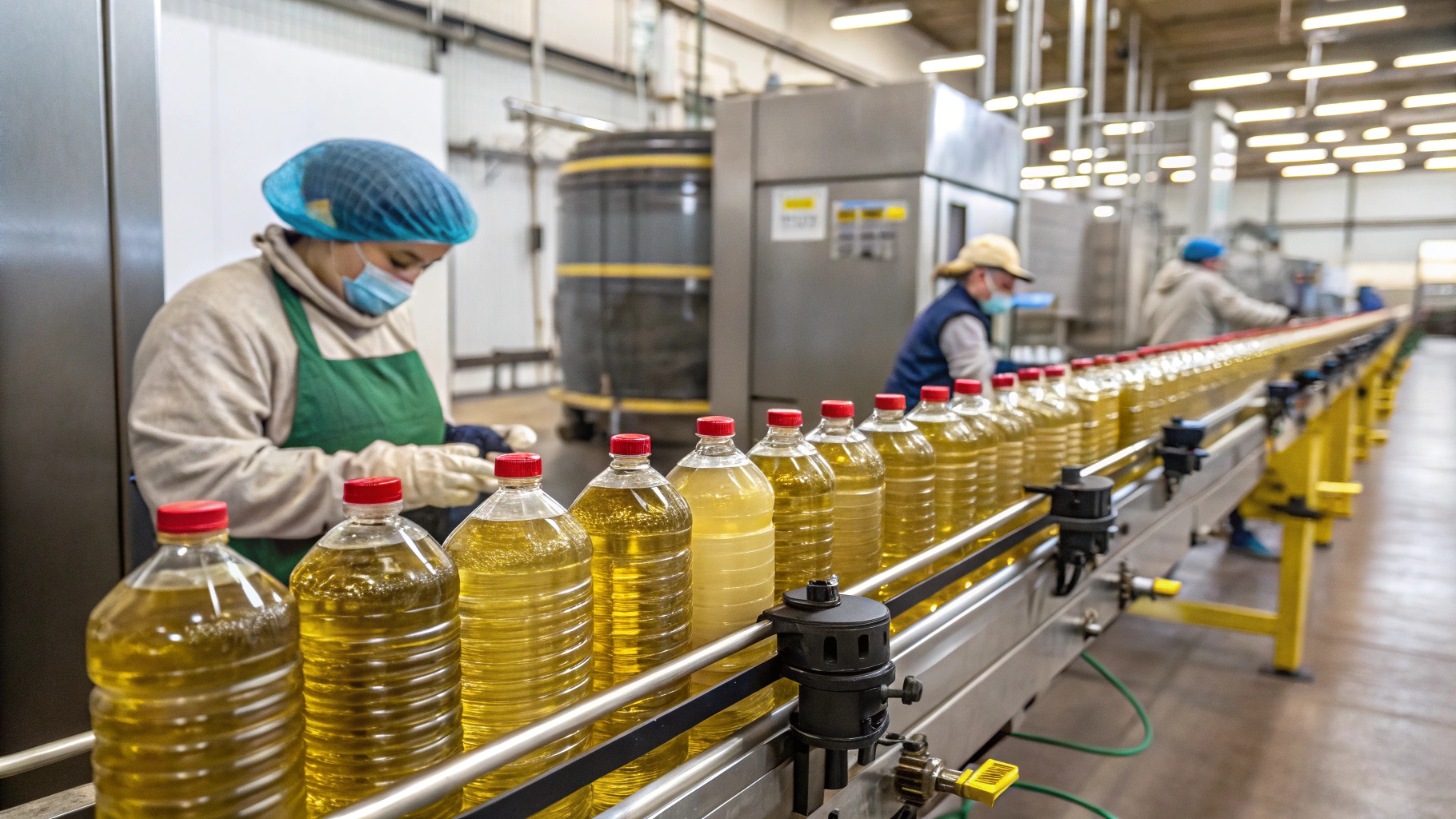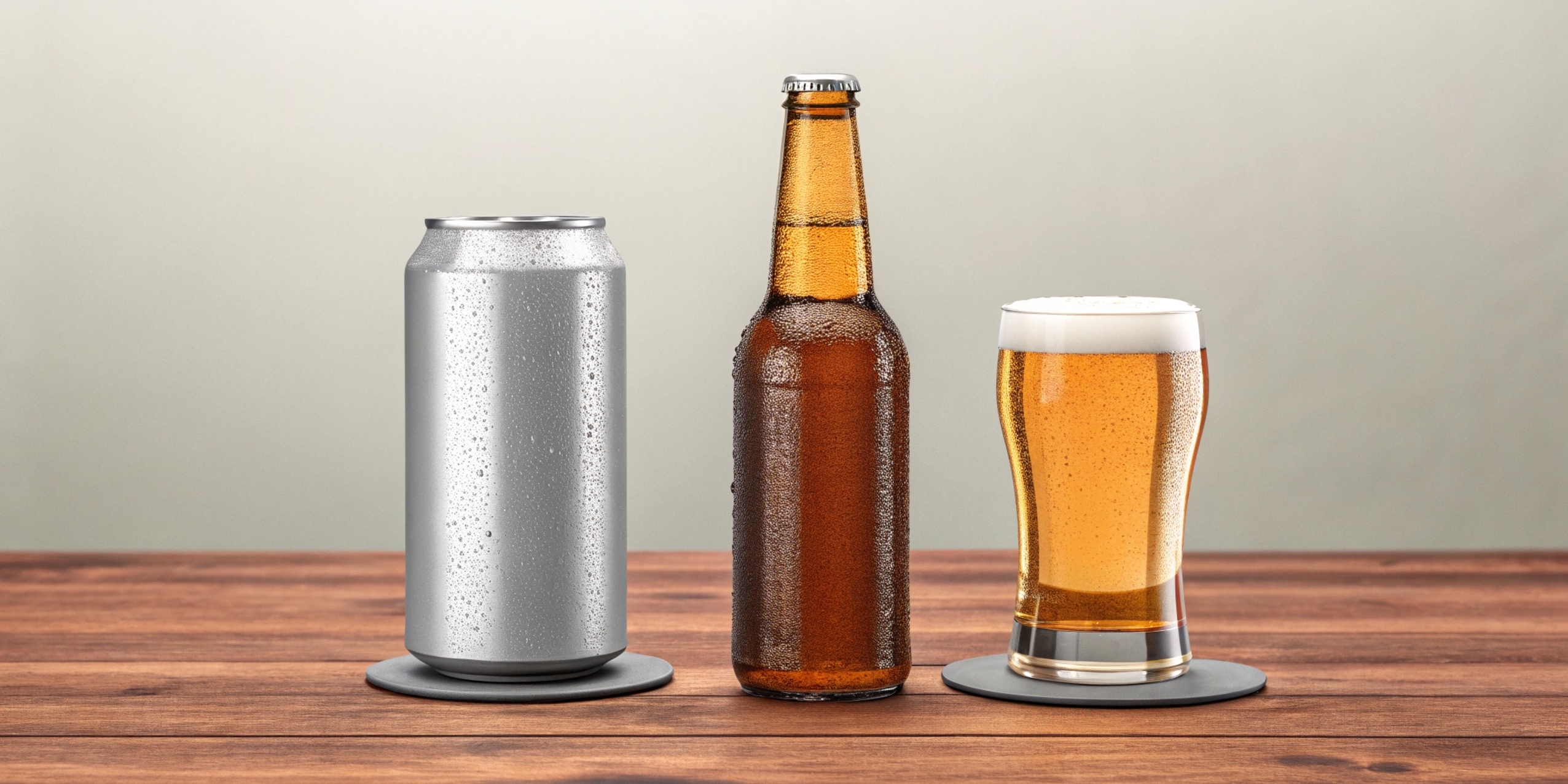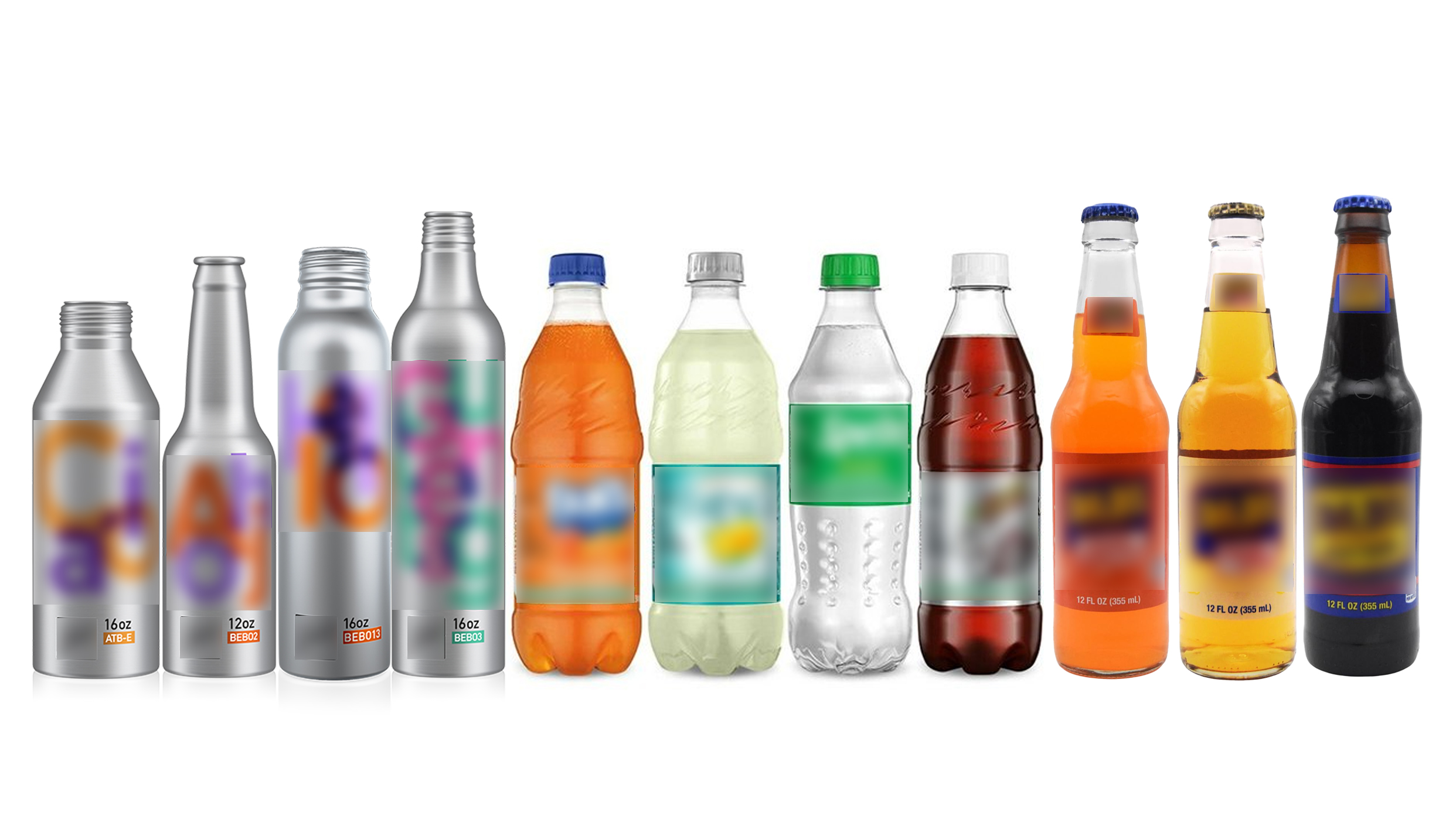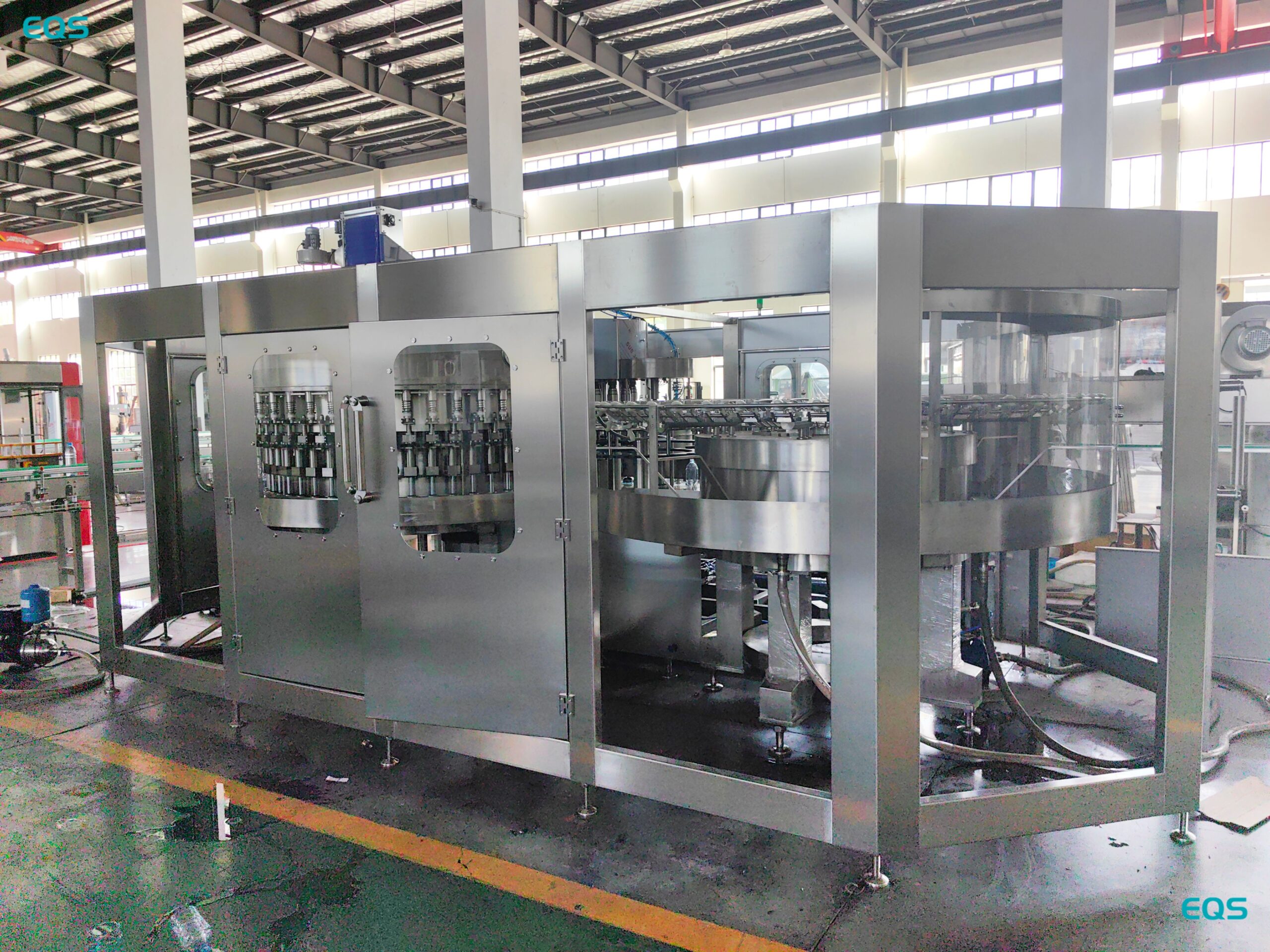What are some reasons to use automatic filling machines?
Leading paragraph:
Tired of messy, inconsistent fills? Wish you could speed up your production line without hiring more staff?
Snippet paragraph:
Automatic filling machines offer several benefits, including increased speed and efficiency, consistent fills, and reduced labor costs. They also minimize waste and contamination, making them a great investment.
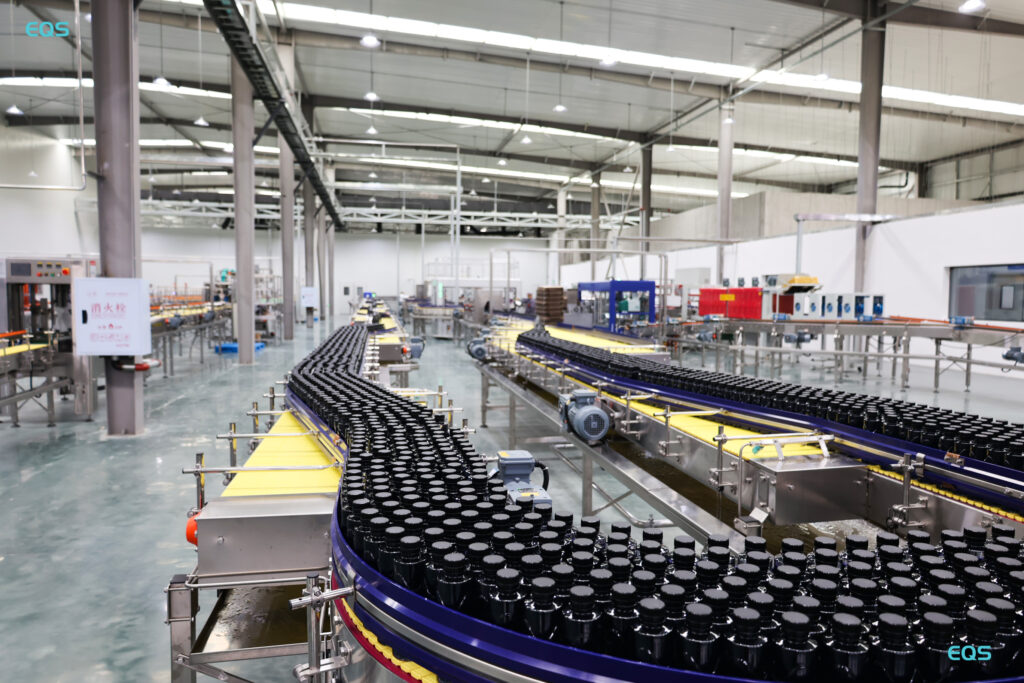
Transition Paragraph:
Let's dive deeper into the specific reasons why automatic filling machines are becoming essential in various industries.
What is the purpose of a filling machine?
Leading paragraph:
Ever wondered how beverage companies fill ten thousands of bottles daily with such precision? The answer lies in filling machines!
Snippet paragraph:
A filling machine's main purpose is to accurately and efficiently dispense products—liquids, powders, or granules—into containers. This ensures consistent quantity and reduces product waste.
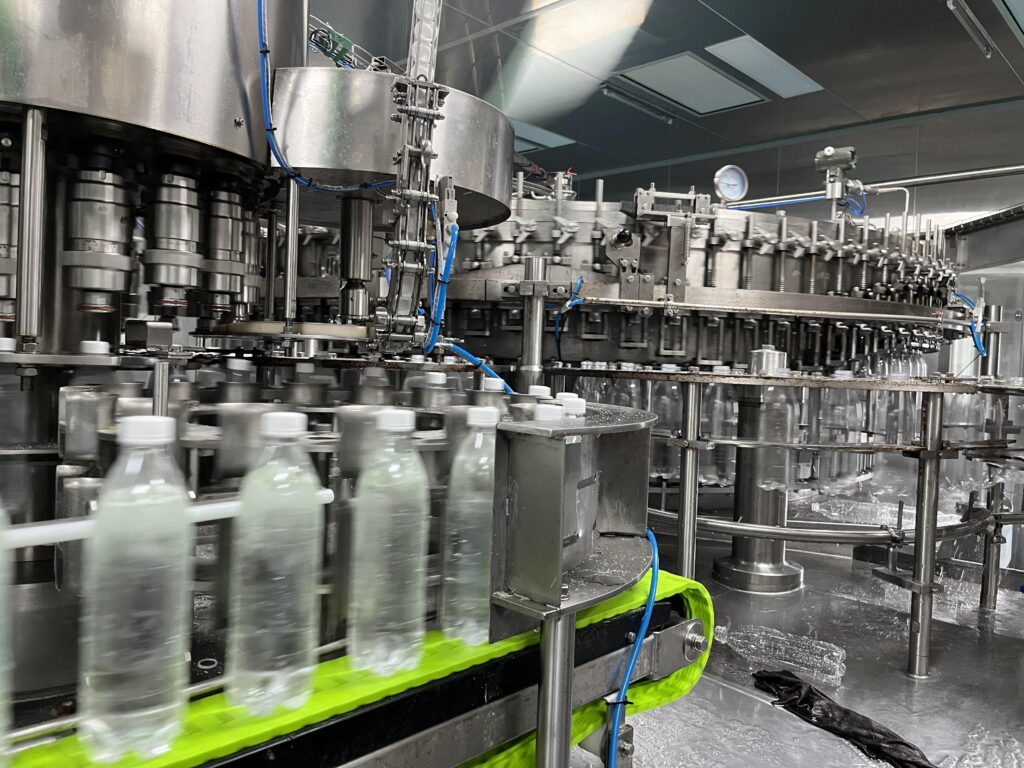
Dive deeper Paragraph:
Filling machines are crucial in industries where consistent and accurate packaging is essential. Think about the pharmaceutical industry, where precise dosages are vital, or the food and beverage industry, where consistent fill levels ensure customer satisfaction and prevent product waste. Different types of filling machines exist to handle various products and container types. Here's a quick breakdown:
| Filling Machine Type | Suitable Products | Industries |
|---|---|---|
| Liquid Filling | Water, juice, sauces, chemicals | Food and beverage, chemical, pharmaceutical |
| Powder Filling | Flour, spices, pharmaceutical powders | Food, pharmaceutical |
| Granule Filling | Coffee beans, sugar, cereals | Food |
| Paste Filling | Creams, lotions, adhesives | Cosmetics, pharmaceutical, construction |
These machines range from semi-automatic, requiring some manual operation, to fully automatic, which integrate seamlessly into high-speed production lines. The choice depends on your production volume, budget, and the specific characteristics of your product.
What is an automatic filling machine?
Leading paragraph:
Imagine a machine that fills bottles precisely, without any human intervention. Sounds like a dream? That's an automatic filling machine!
Snippet paragraph:
An automatic filling machine dispenses a specific amount of product into containers without manual assistance. It manages container handling, filling, and often capping and labeling, all in a continuous process.
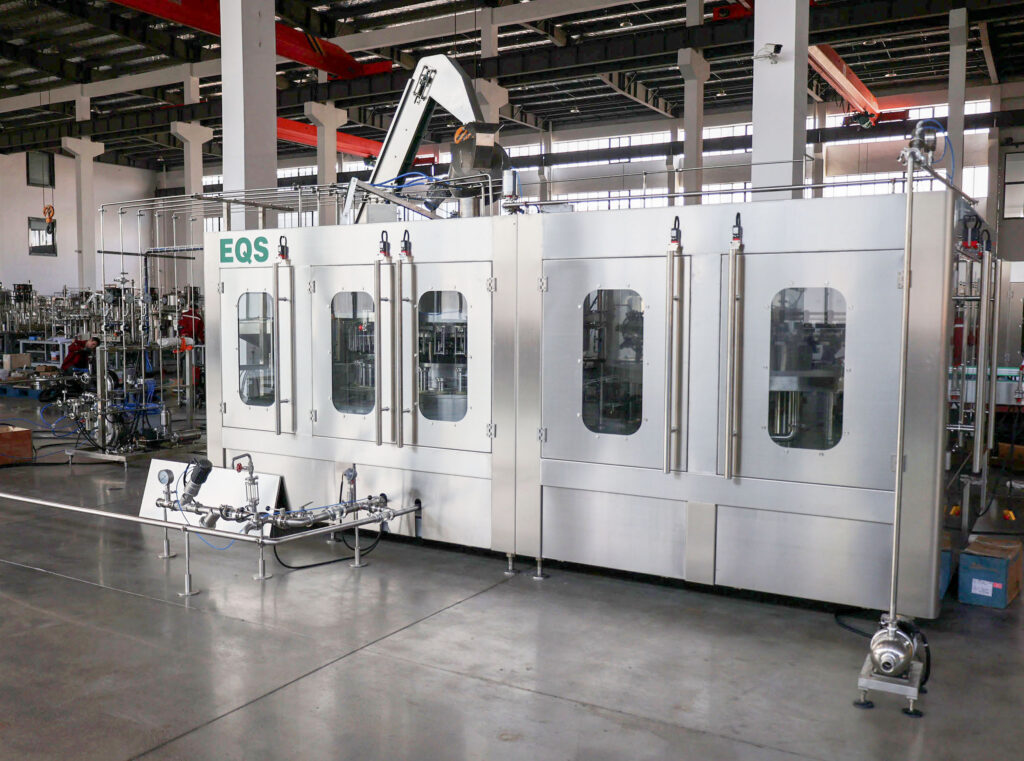
Dive deeper Paragraph:
Automatic filling machines are the workhorses of modern packaging lines. They are designed to maximize efficiency and minimize human error. These machines typically include a conveyor system that moves containers into the filling area, sensors that detect the presence of containers, and a filling mechanism that dispenses the product. After filling, the containers move to subsequent stations for capping, sealing, and labeling.
The level of automation can vary. Some machines handle only the filling process, while others are integrated into complete packaging systems. Here are some key features to consider:
- Filling Heads: The number of filling heads determines the machine's capacity. More heads mean faster filling.
- Control System: Modern machines use programmable logic controllers (PLCs) with touchscreen interfaces for easy setup and monitoring.
- Changeover Time: The time it takes to switch between different container sizes or products is crucial for flexibility.
- Cleaning and Maintenance: Easy-to-clean designs and readily available spare parts minimize downtime.
Investing in an automatic filling machine can significantly boost your production output and reduce labor costs, but it's essential to choose a machine that fits your specific needs.
What is the use of a filling machine?
Leading paragraph:
From your morning juice to the shampoo you use, filling machines are everywhere. But what exactly do they do?
Snippet paragraph:
Filling machines are used to accurately fill containers with liquids, powders, or granules. They find applications across various industries, including food and beverage, pharmaceuticals, cosmetics, and chemicals.
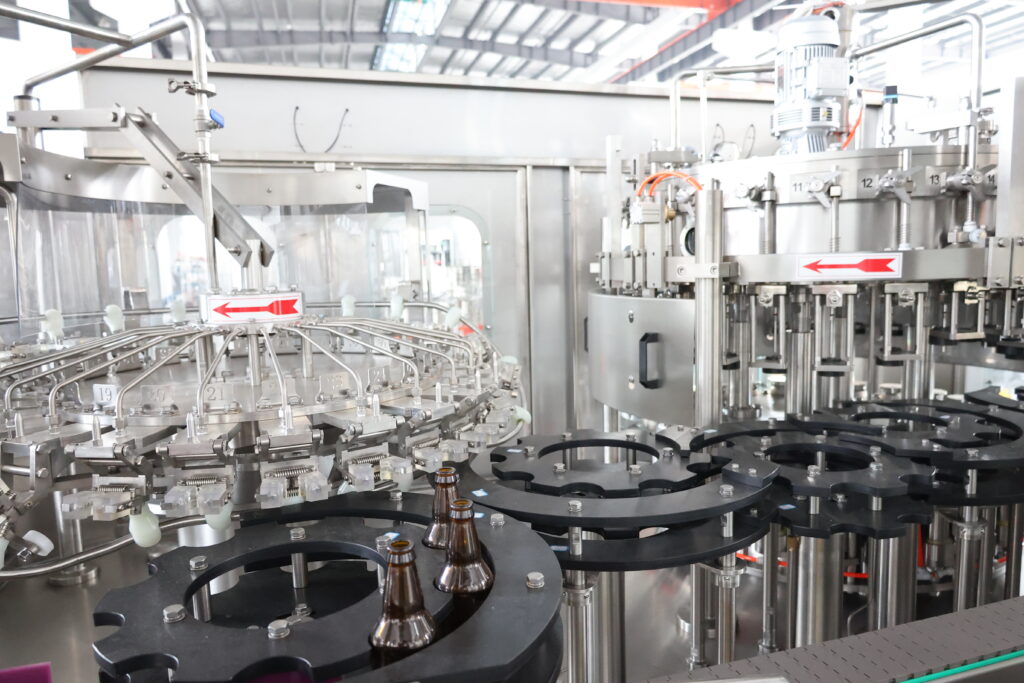
Dive deeper Paragraph:
The use of filling machines extends far beyond simply putting a product into a container. They ensure accuracy, consistency, and hygiene, all of which are critical for product quality and safety. Consider the stringent requirements in the pharmaceutical industry, where precise dosages are essential for patient safety. Filling machines in this sector must meet strict sanitary standards and provide accurate measurements to prevent overdosing or underdosing.
In the food and beverage industry, filling machines maintain consistent fill levels for aesthetic appeal and prevent product waste. They also minimize the risk of contamination, ensuring that products remain safe for consumption.
Here are some specific examples:
- Beverage Industry: Filling bottles with water, juice, soda, or alcoholic beverages.
- Pharmaceutical Industry: Filling vials with injectable medications, syrups, or powders.
- Cosmetics Industry: Filling tubes with creams, lotions, or gels.
- Chemical Industry: Filling containers with detergents, cleaning solutions, or industrial chemicals.
The versatility of filling machines makes them indispensable in modern manufacturing, contributing to efficiency, quality control, and cost savings.
What are the advantages of volumetric filling?
Leading paragraph:
Ever wonder how manufacturers ensure each bottle of your favorite drink has the exact same amount? Volumetric filling is the answer!
Snippet paragraph:
Volumetric filling offers precise filling levels, reduced product waste, and minimal air exposure. It ensures consistent volume across products, making it ideal for liquids and semi-solids.
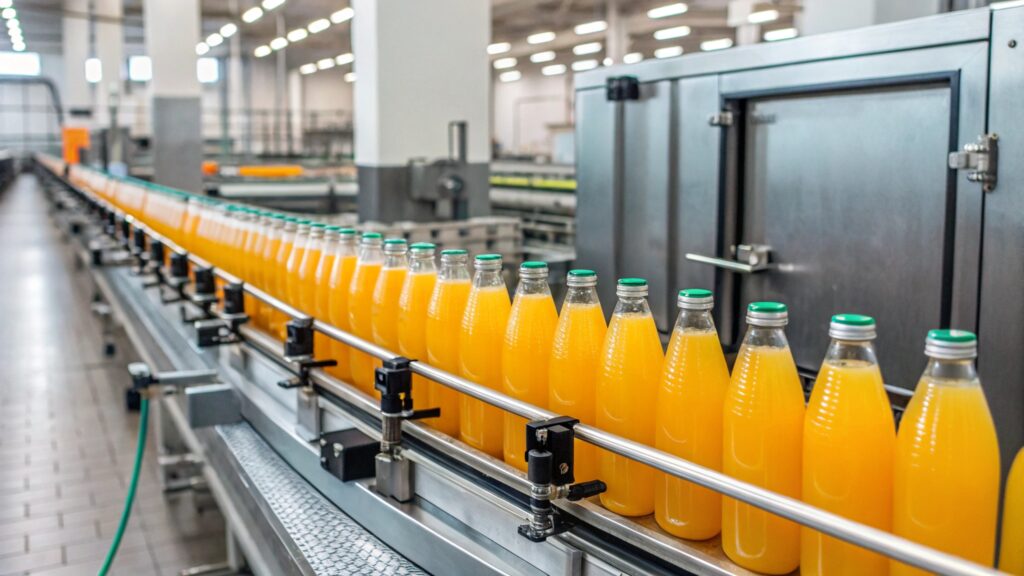
Dive deeper Paragraph:
Volumetric filling is a widely used technique in the packaging industry due to its accuracy and efficiency. Unlike other methods that rely on weight or level sensors, volumetric filling dispenses a specific volume of product into each container. This is particularly advantageous when dealing with liquids that have varying densities or when containers have slight variations in their internal volume.
Here are some key advantages of volumetric filling:
- Accuracy: Ensures consistent product quantity in each container, minimizing overfilling or underfilling.
- Reduced Waste: Precise filling reduces product spillage and waste, leading to cost savings.
- High Speed: Volumetric fillers can operate at high speeds, making them suitable for large-scale production.
- Flexibility: Can handle a wide range of liquids and semi-solids, from thin liquids like water to viscous products like sauces.
- Hygienic: Many volumetric fillers are designed with easy-to-clean components, ensuring sanitary operation.
I once visited a beverage factory where they used volumetric filling machines. The precision and speed were truly impressive. They were able to fill thousands of bottles per hour with incredible accuracy, minimizing waste and maximizing their output.
Conclusion
Automatic filling machines are essential for businesses looking to increase efficiency, reduce costs, and maintain product quality.
My name is Allen, and I'm an expert in filling machine technology at EQS (eqsfilling.com), a leading liquid packaging solution provider based in China. If you're looking for top-quality filling machines for your production line, feel free to reach out to me at [email protected]. We specialize in providing customizable solutions with cutting-edge technology.


